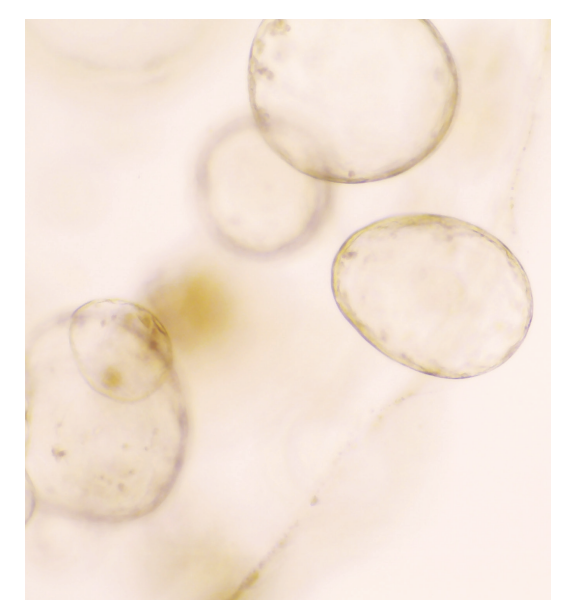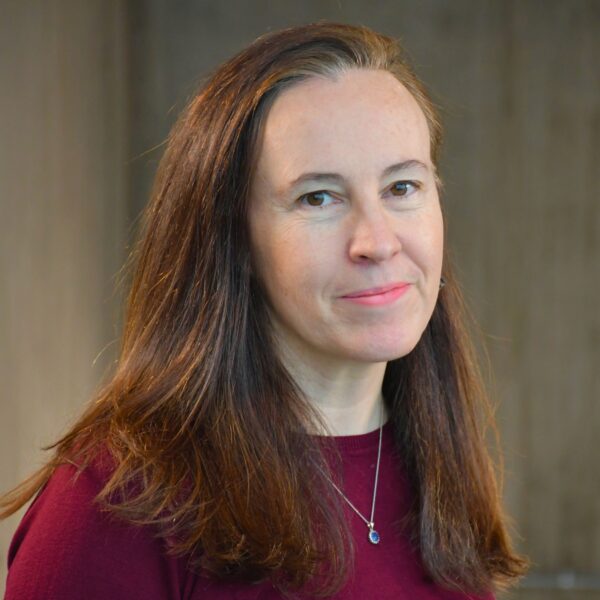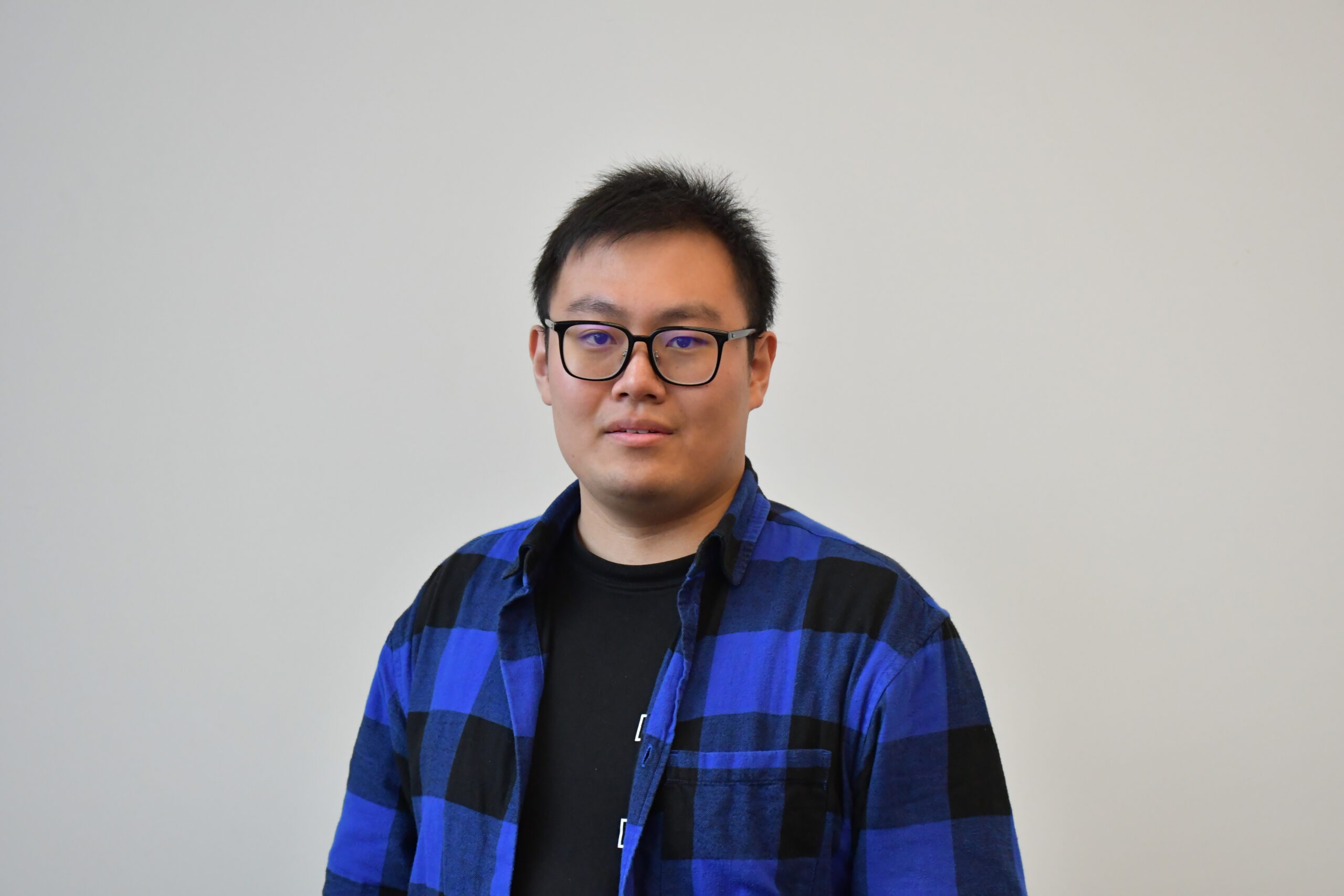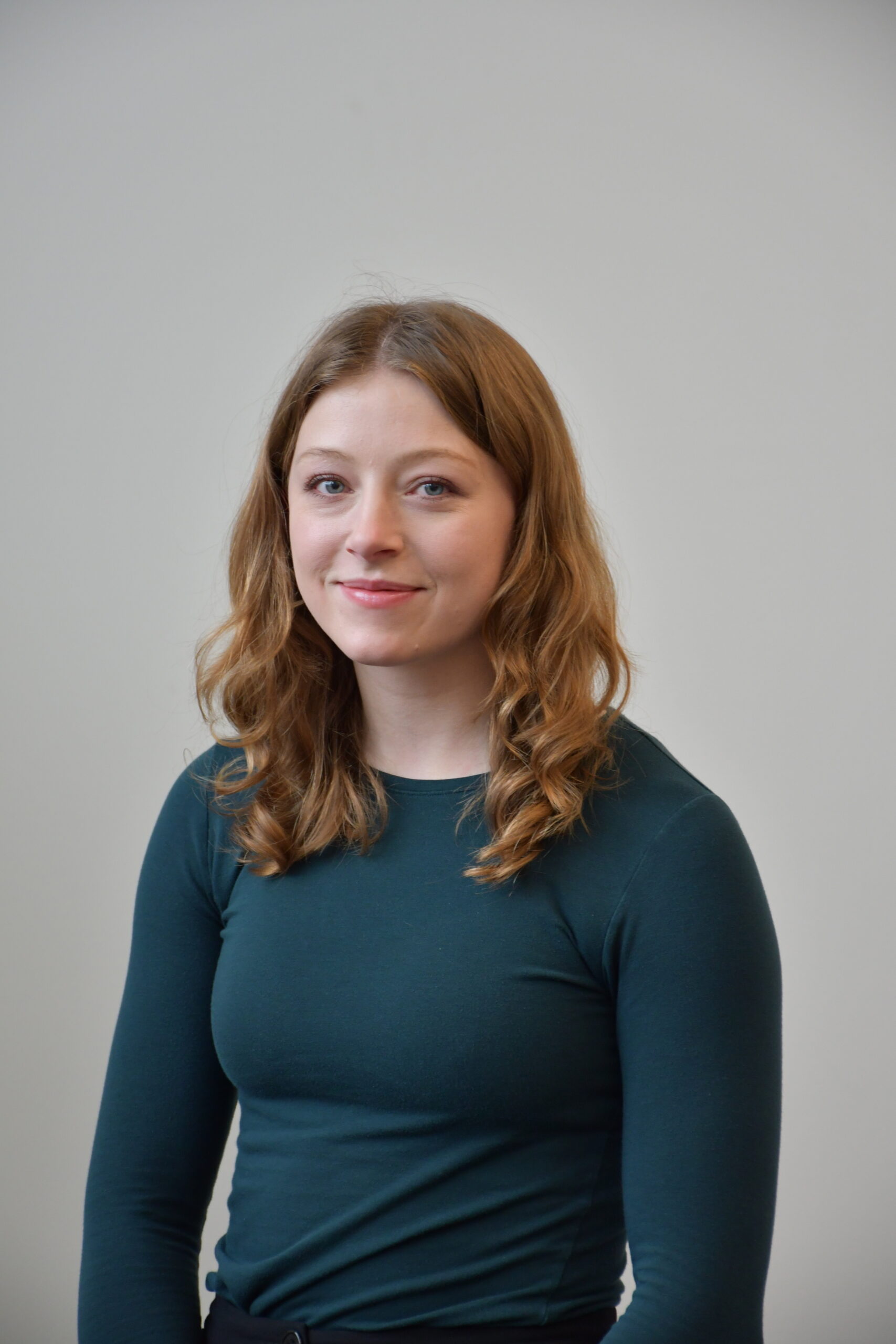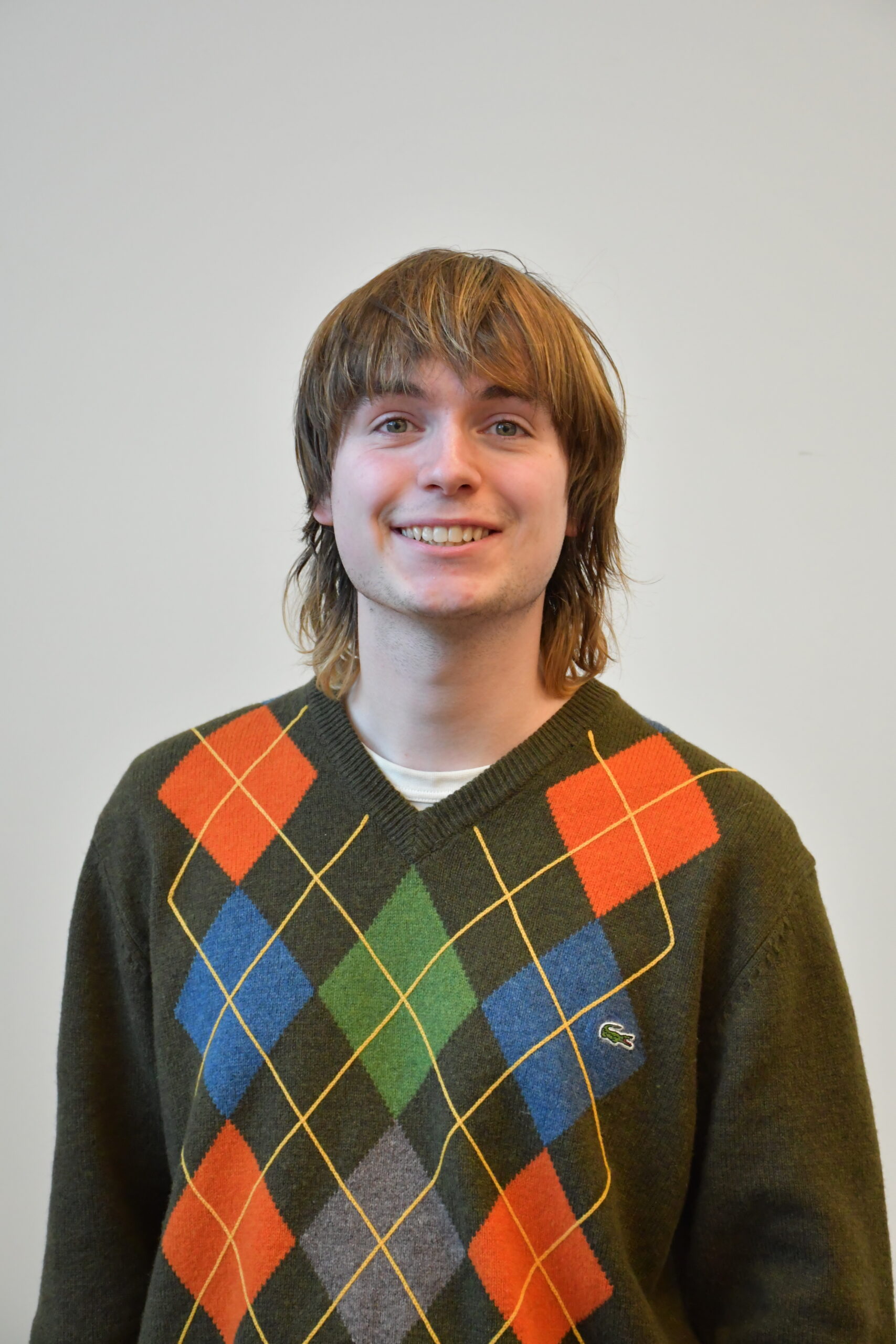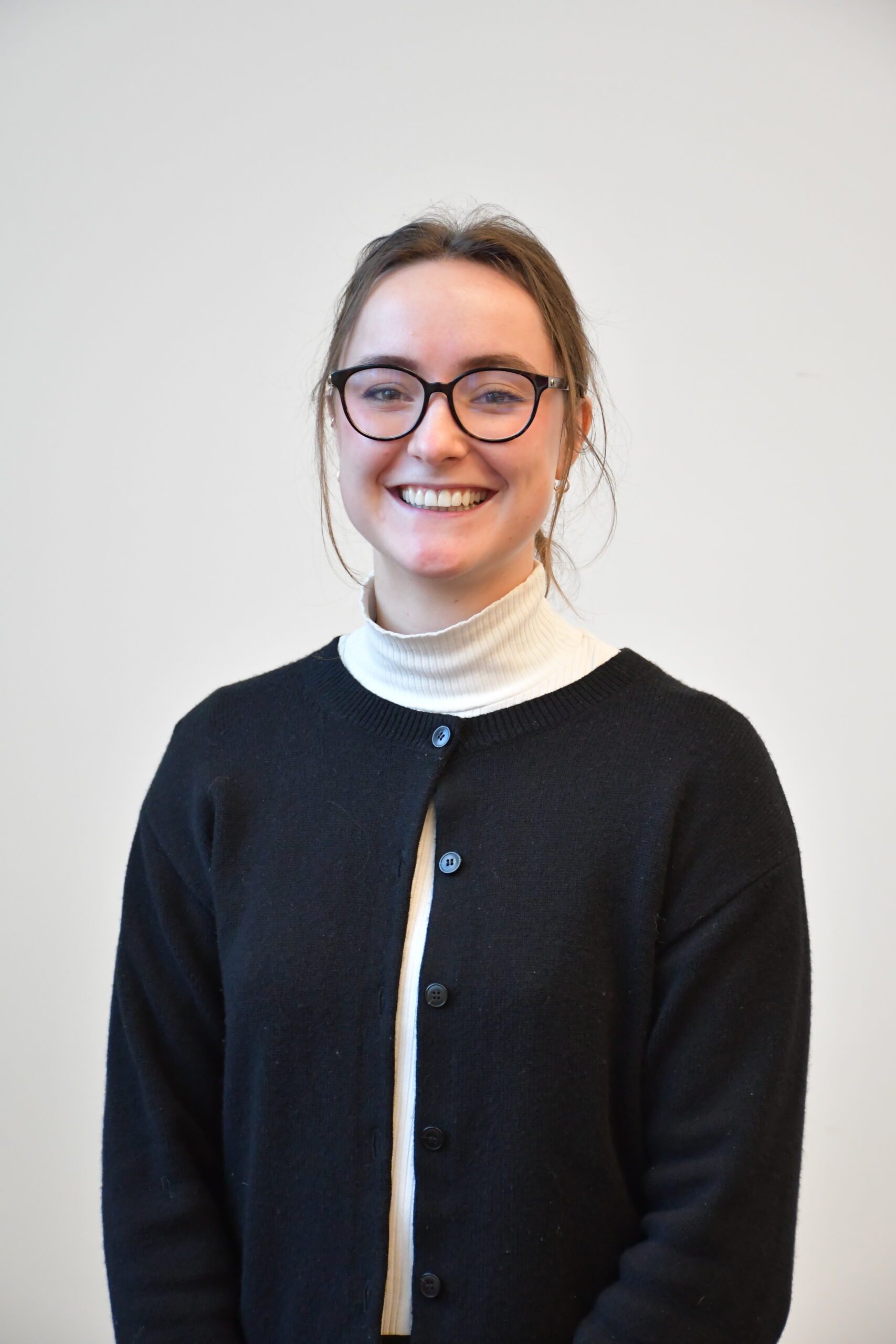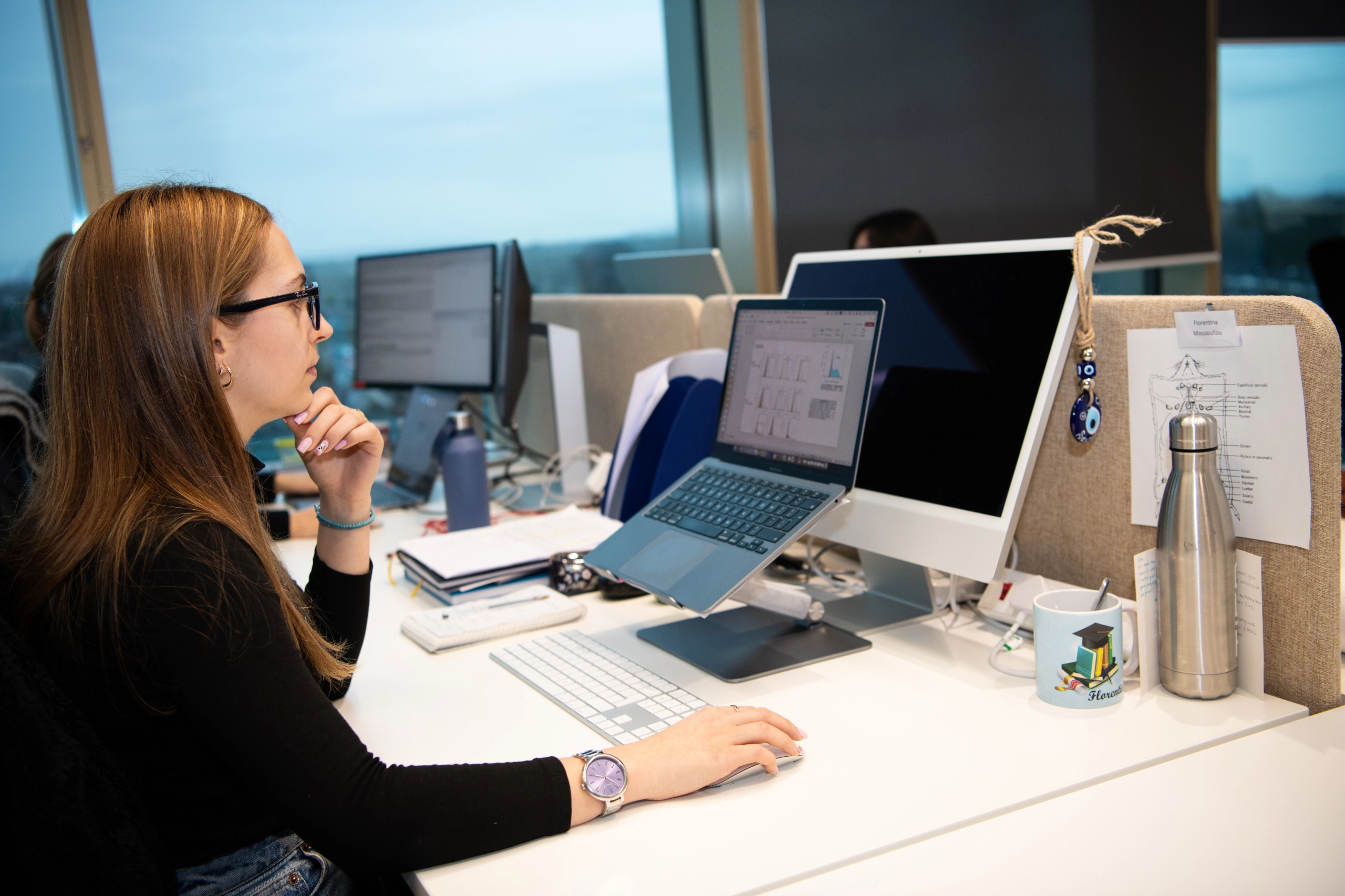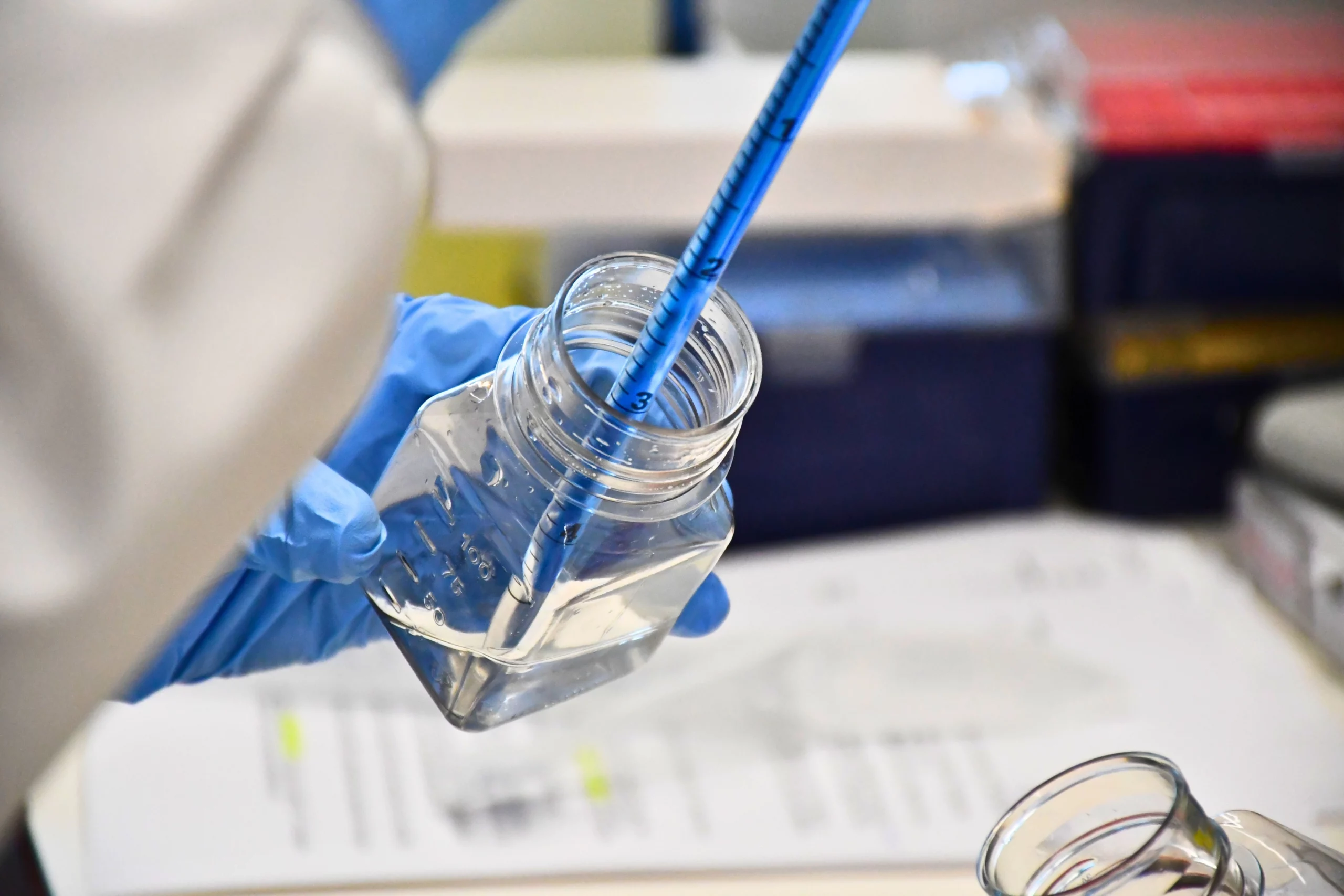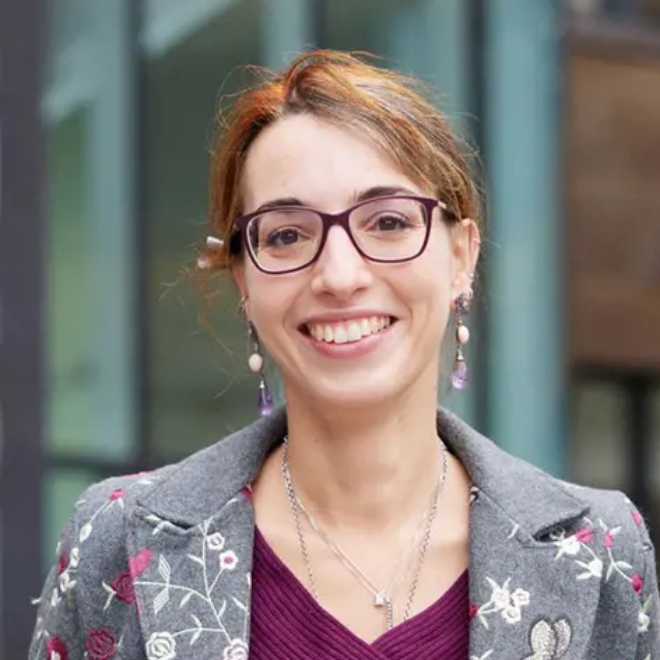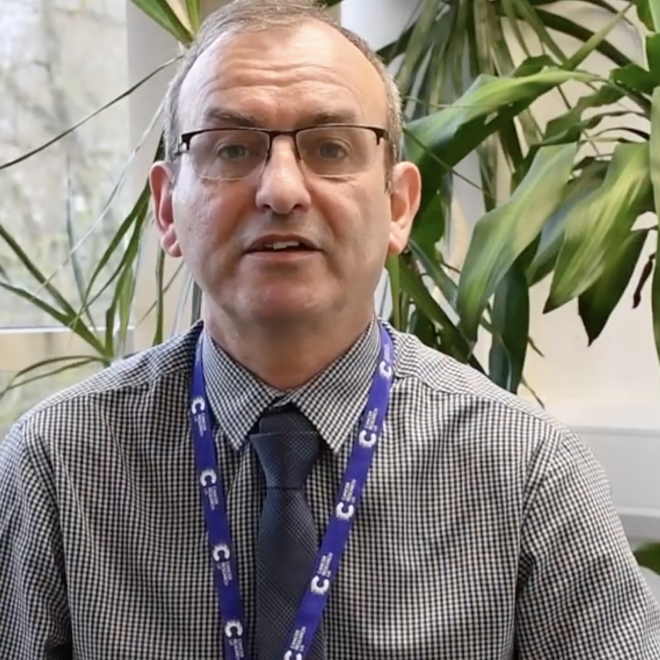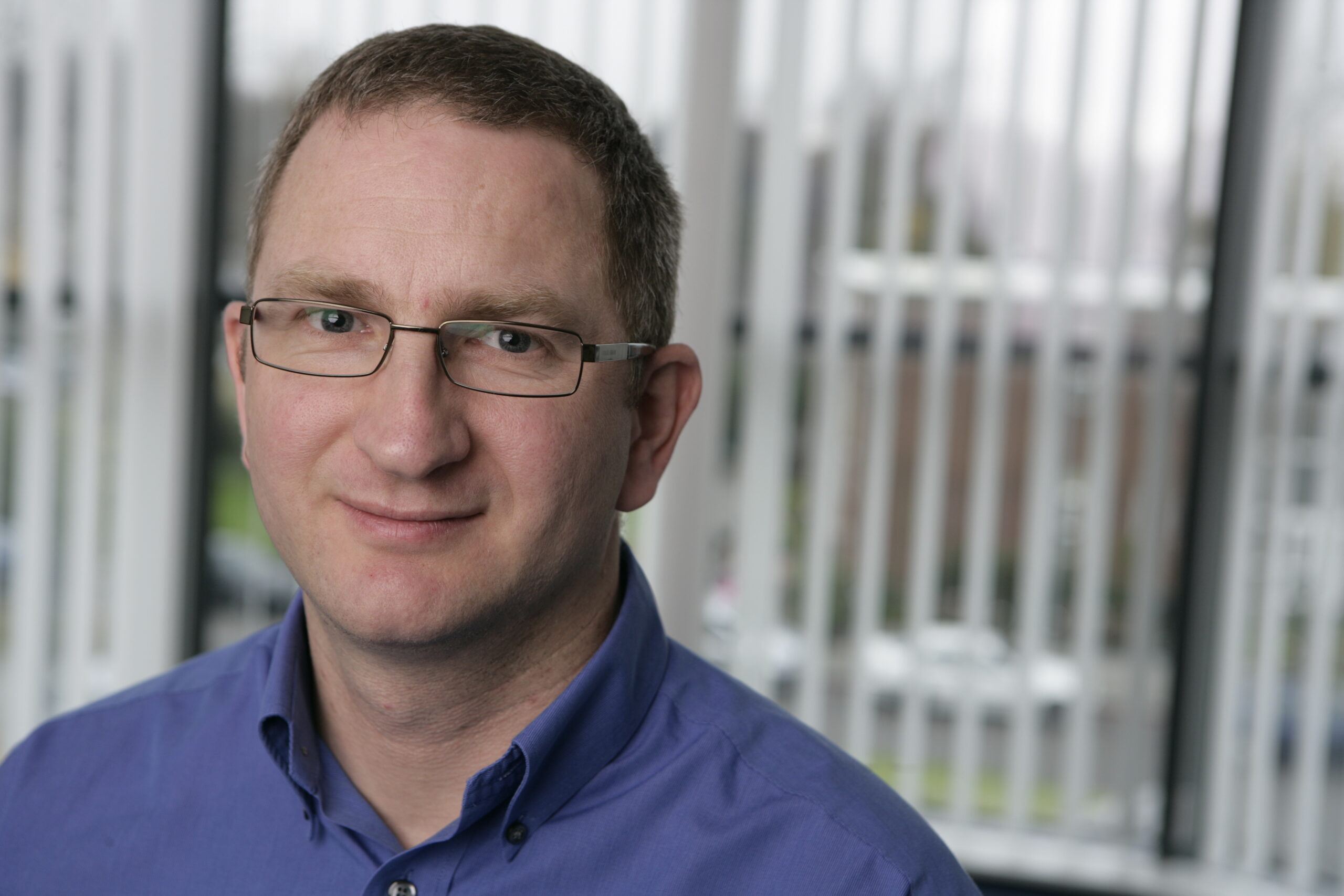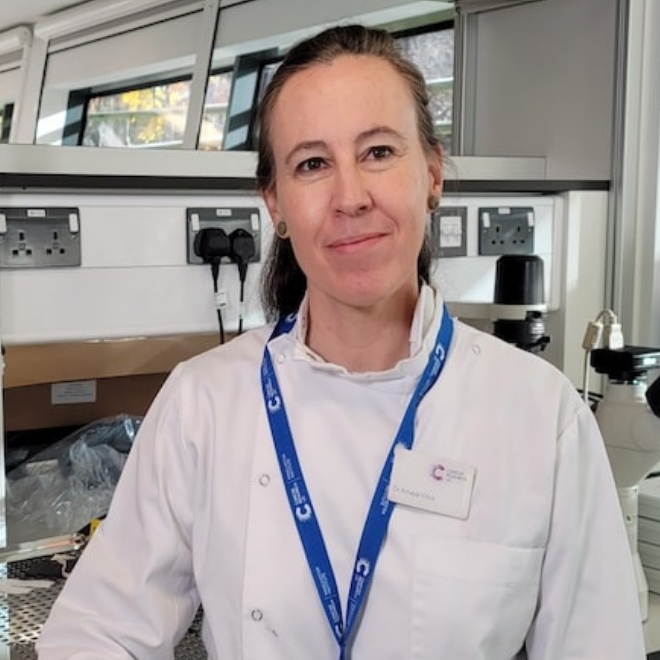Article highlights & insights
The Skin Cancer and Ageing group’s research using mouse models and patient data revealed innate sex-linked biological mechanisms in the immune response that underpins the sex bias observed in incidence and outcome. In response to equal carcinogen dose and mutation burden, female mice had lower incidence and grade of tumours, driven by a higher influx of T cells and upregulation of anti-tumour immune pathways in the skin.
The group confirmed overlapping immune pathways in single cell sequencing of human skin from female cSCC patients, validating the stronger female immune response in the skin to carcinogens in humans. The importance of the immune system protecting against skin cancer was reinforced in a clinical audit of immunosuppressed and immunocompetent cSCC patients by sex. While in the immunocompetent population females had less severe disease and incidence than their male counterparts, in the immunosuppressed population both men and women had equal rates of skin cancer.
Overall, this work establishes that the sex bias in skin cancer is a result of the stronger response of female immunity protecting against tumourigenesis. Further understanding of the role of the immune system in cancer sex bias will impact potential therapy and preventative treatment in at risk populations and allow for patient stratification by risk of disease and progression. Critically, their research shows the importance of including both sexes in models for translational research, particularly for research involving immuno-oncology.
The Skin Cancer and Ageing group’s research using mouse models and patient data revealed innate sex-linked biological mechanisms in the immune response that underpins the sex bias observed in incidence and outcome. In response to equal carcinogen dose and mutation burden, female mice had lower incidence and grade of tumours, driven by a higher influx of T cells and upregulation of anti-tumour immune pathways in the skin.
The group confirmed overlapping immune pathways in single cell sequencing of human skin from female cSCC patients, validating the stronger female immune response in the skin to carcinogens in humans. The importance of the immune system protecting against skin cancer was reinforced in a clinical audit of immunosuppressed and immunocompetent cSCC patients by sex. While in the immunocompetent population females had less severe disease and incidence than their male counterparts, in the immunosuppressed population both men and women had equal rates of skin cancer.
Overall, this work establishes that the sex bias in skin cancer is a result of the stronger response of female immunity protecting against tumourigenesis. Further understanding of the role of the immune system in cancer sex bias will impact potential therapy and preventative treatment in at risk populations and allow for patient stratification by risk of disease and progression. Critically, their research shows the importance of including both sexes in models for translational research, particularly for research involving immuno-oncology.
Institute Authors
Groups
Group leader
Research topics & keywords
All publications
https://doi.org/10.1016/j.ccell.2025.04.001
Stromal lipid species dictate melanoma metastasis and tropism
24 April 2025
Institute Authors (5)
Amaya Viros, Duncan Smith, Garry Ashton, Alex Baker, Tim Somervaille
Labs & Facilities
Biological Mass Spectrometry, Histology, Visualisation, Irradiation and Analysis
Research Group
Skin Cancer & Ageing
24 April 2025
https://doi.org/10.1038/s41467-025-58343-y
A human model to deconvolve genotype-phenotype causations in lung squamous cell carcinoma
4 April 2025
Institute Authors (4)
Carlos Lopez-Garcia, Robert Sellers, Sudhakar Sahoo, Caroline Dive
Labs & Facilities
Computational Biology Support
Research Group
Translational Lung Cancer Biology
4 April 2025
https://doi.org/10.1186/s12943-024-02157-x
The PI3K-AKT-mTOR axis persists as a therapeutic dependency in KRASG12D-driven non-small cell lung cancer
12 November 2024
Institute Authors (1)
Amaya Viros
Labs & Facilities
Genome Editing and Mouse Models
Research Group
Skin Cancer & Ageing
12 November 2024
https://doi.org/10.1186/s13045-024-01610-0
The small inhibitor WM-1119 effectively targets KAT6A-rearranged AML, but not KMT2A-rearranged AML, despite shared KAT6 genetic dependency
8 October 2024
Institute Authors (6)
Georges Lacaud, Mathew Sheridan, Michael Lie-a-ling, Liam Clayfield, Jessica Whittle, Jingru Xu
Research Group
Stem Cell Biology
8 October 2024
/wp-content/uploads/2024/11/Annual-Report-2023.pdf
2023 Annual Report
13 September 2024
13 September 2024
https://doi.org/10.1126/science.adh7954
Vitamin D regulates microbiome-dependent cancer immunity
25 April 2024
Institute Authors (3)
Evangelos Giampazolias, Maria Koufaki, Santiago Zelenay
Research Group
Cancer Immunosurveillance
25 April 2024
Our Research
Our research spans the whole spectrum of cancer research from cell biology through to translational and clinical studies
Research Groups
Our research groups study many fundamental questions of cancer biology and treatment
Our Facilities
The Institute has outstanding core facilities that offer cutting edge instruments and tailored services from expert staff
Latest News & Updates
Find out all our latest news
Careers that have a lasting impact on cancer research and patient care
We are always on the lookout for talented and motivated people to join us. Whether your background is in biological or chemical sciences, mathematics or finance, computer science or logistics, use the links below to see roles across the Institute in our core facilities, operations teams, research groups, and studentships within our exceptional graduate programme.



